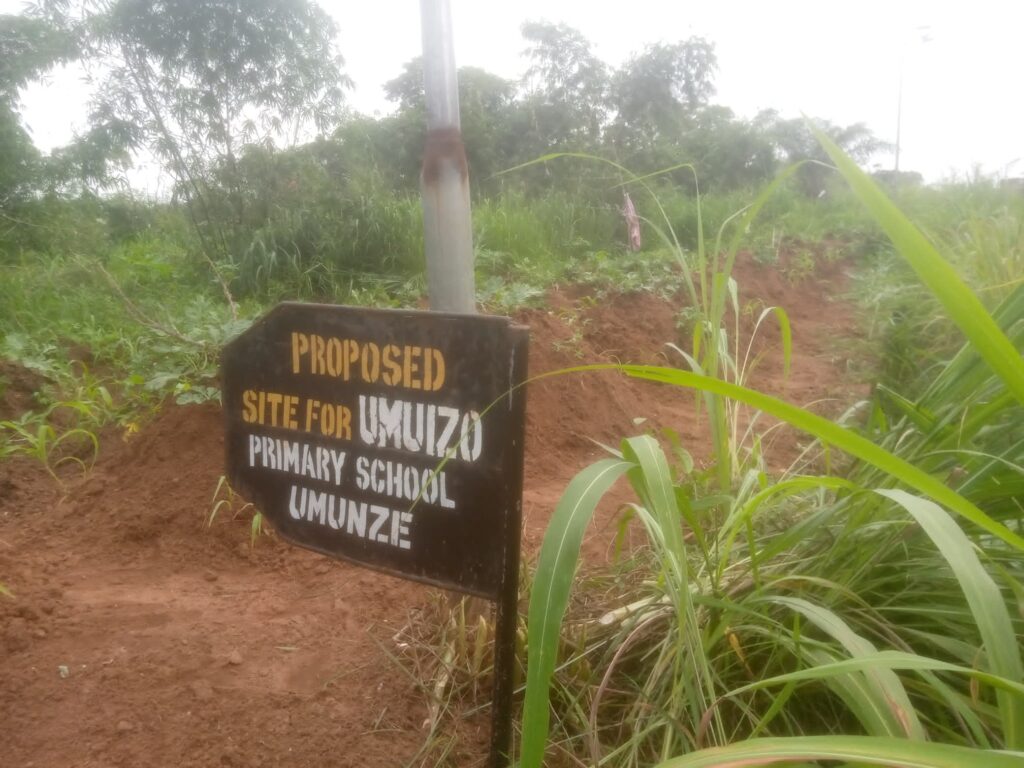98% and half of my family are entitled, says Phyna — why is entitlement mentality rife in Africa?

Ijeoma Josephina Otabor, fondly known as Phyna, during a podcast interview revealed that at the tender age of 15, left her aunt’s house, her aunt immersed in the business of selling food.
The rift between her aunt and her father remained shrouded in mystery, leading to her aunt’s abrupt declaration, “I will not train you for school again.” Despite her aunt’s attempts, Phyna acknowledged the limitations.
Phyna found herself enrolled in a public school for the Senior School Certificate Examination (SSCE). When denied WAEC fees, she sought assistance from her father, only to be met with conflicting statements about financial constraints. Phyna humorously reflected, “He says he doesn’t have money, but he has money.”
Phyna’s father, a commercial driver, claimed scarcity during holidays while revealing affluence through new cars and home improvements.
Undeterred, Phyna embraced self-reliance, venturing into the streets of Auchi to sell small chops. Her tenacity propelled her to the prestigious role of Director of Social at university, a journey marked by resilience, familial complexities, and the pursuit of personal dreams. As Phyna eloquently expressed, “If my family members are 100, I have 98 and a half entitled ones for my own family.”
Why is entitlement mentality rife in Africa?
The prevalence of an entitlement mentality in Africa is shaped by a complex interplay of historical, cultural, and socio-economic factors. Colonial legacies have left enduring imprints, fostering dependency and a perception of entitlement among certain populations.
Additionally, traditional communal values, while fostering a sense of shared responsibility, can sometimes contribute to an expectation of entitlement within familial and community structures.
Economic disparities and limited access to resources exacerbate the issue, leading some individuals to view entitlement as a means of securing their share in a challenging environment. Political instability and corruption further fuel the perception that entitlement is necessary for survival.
READ ALSO: Why should women give their kids s3x education? See BBNaija Doyin’s story
Addressing this mindset requires holistic efforts, encompassing education, economic empowerment, and societal shifts to foster a culture of self-reliance and collective progress.




